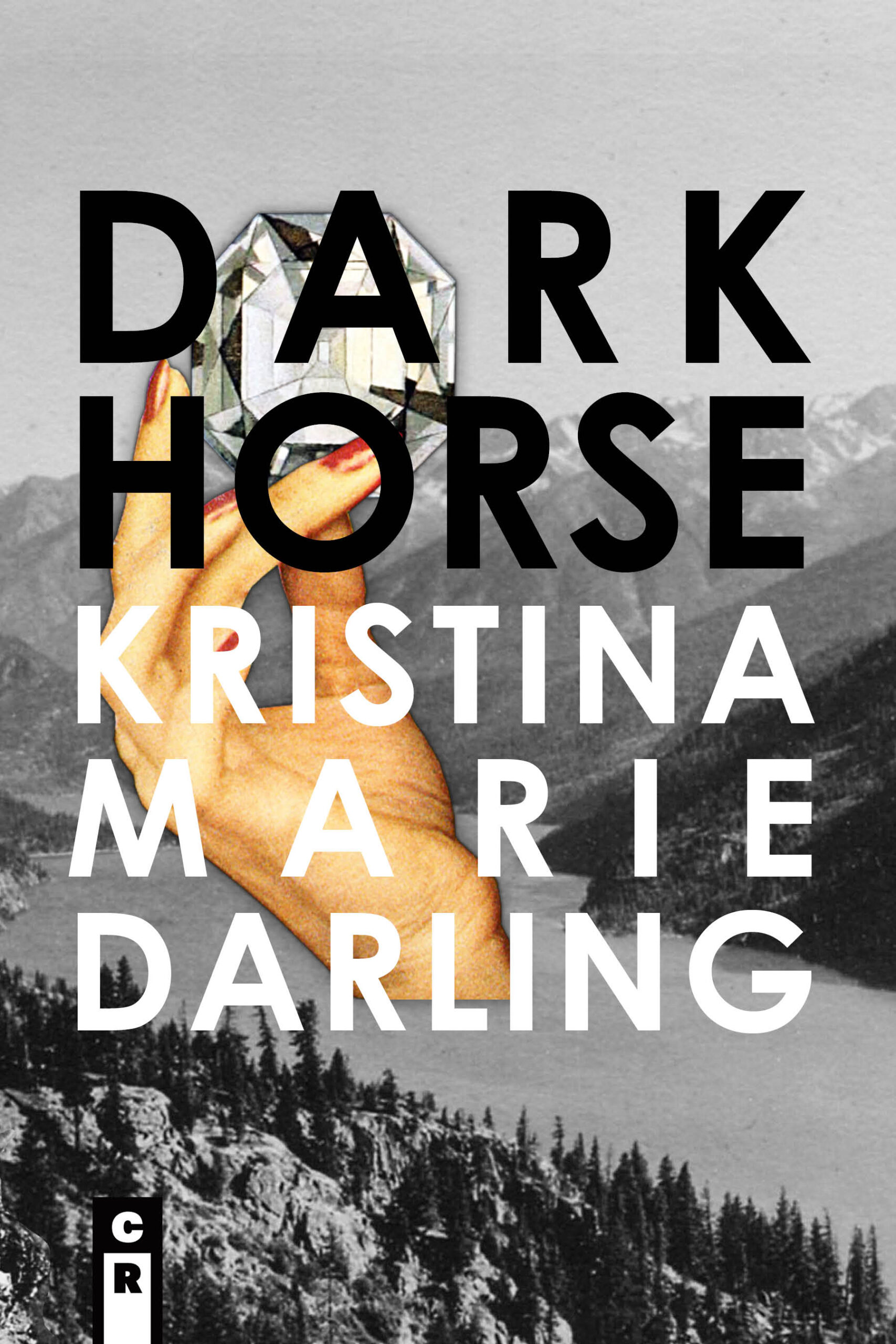$16.00
AVAILABLE NOW
These meditations, cosmic-toned, yet utterly visceral, demonstrate Michelle Bitting’s continuing growth and power as a poet of love, loss, the daily and deeply human experience, together with a maturing eye to understanding greater mythological tropes. Woven throughout her contemplation of the terrible beauty and struggle of family dynamics, corporeal desire, the injustices and revelations of life in the 21st century, thrums a vital connectivity to the mystic and mythological strains of the past, newfangled to the present in a way that ultimately sheds light on what it is to be alive and conscious of who we’re called to be. To read Michelle’s poetry is to take a wild, passionate ride through the rubble of the quotidian, to be shocked by sensual discovery and awakened to a relentless curiosity for both the surreal and historical. These poems travel–an expansion in service of communion with the world, confrontation and acceptance of self.
Description
A LOOK INSIDE
First Published in Prelude:
SAD FILM (WITH DEADBOLT)
An empty house is only quiet when it’s burning. This situation isn’t unusual for you, but I can’t shake the feeling that something is wrong. In Kant’s aesthetics, beauty and terror are immutable qualities, the way a child is born with or without an aptitude for formal logic. It’s difficult not to think of this inevitability as a kindness. To say we can watch a wisp of smoke rising from beneath someone else’s door and not feel responsible for that startling numbness at the back of the neck. There’s something I’ve been wanting to tell you, and even if I could, I’m not sure I’d be able to speak clearly enough. It’s remarkable, really, how everyone else seems to have remembered the appointment. How even the smallest gesture becomes a monument to indecision.
HYPE
Book-ended in blacked-out pages, Kristina Marie Darling’s Dark Horse draws its reader into a fractured historical mystery of longing, unbelonging, adultery, and unadulterated rage. “You know how it is between women,” confides the narrator of this altogether unsettling collection, “first honey, then smoke.” Like every good novel of detection, the pleasures of this work lie in what is withheld from view. “There are some things,” writes the poet, “that you don’t need to see.” Nonetheless we find ourselves implicated in this literary inquest, even as its primary suspect refuses the twin consolations of closure and disclosure: “Because even the quiet girls have teeth.” Darling’s latest collection is one of those uncanny books that asks to be read in the dark.
–Srikanth Reddy
Meet Jane Dark—both the everywoman and the uberwoman—who tries “to ache more beautifully” as she suffers the indignities of a husband’s infidelity and the “other wife.” In a series of stunning prose poems entitled “Sad Film,” Kristina Marie Darling sublimely describes the strains of a relationship without “even a cough to break the silence.” This inventive writer re-imagines the cultural scripts of heartache and the relationship imperative white honoring the pain and chaos of betrayal as well as the violence for which we are capable. Dark Horse is a masterful pastiche, repeating phraseology transforming and deepening its meaning from poem to poem.
–Denise Duhamel
I try to ache more beautifully asserts Kristina Marie Darling and her literary creation Jane Dark as they lead us into a melancholic marital darkness, where hatchets sing against the butcher’s block and declaratives of I hope she chokes and I hope you drown hex us. One of the many knockouts of Dark Horse is an eleven-poem suite titled “Sad Films” in which Darling strikingly constructs a cinematic, expressionistic terrain—a chiaroscuro composed of language—where a dove refuses the dark nest of a mouth, a bride’s dress darkens, and vowels are trapped in the luminous arc of a throat. Her study of grief and violence is underscored by her many “frames” connoting entrapment, blackout pages that read as redactions, and motifs of erasure and asphyxiation; yet, the centering force of Dark Horse is a refusal to be silenced, because even the buttons down the back of my neck were a declaration. This is a book that deserves to be heard as it pulses with complexity, innovation and intelligence.
–Simone Muench
In Kristina Marie Darling’s Dark Horse, Jane Dark steadies the camera on the constantly shifting landscapes of a marriage. Each poem is a brick in a love’s architecture, a film cell spliced and edited to show the husband and jury the flowerbed, the knife, the epithalamion with snow falling into a white boat bearing another woman to shore. The book becomes an epistolary film and trial, revising what was said and what was meant in the story that was always one match away from ending. What I mean to say is, I want to push my thumbs between Jane Dark’s lips to feel the teeth she’s hiding, and you will, too.
–Traci Brimhall
If John Clare’s hallucinatory madness (especially the part where he imagined with great shame that he was secretly married to two women at once) collided with Lyn Hejinian’s My Life, David Lynch’s Mulholland Drive, and the novels of David Markson, the result might very well be Kristina Marie Darling’s Dark Horse: Poems (which by my lights is a sort of novella in verse(s) and a supermassive black hole). In this cinematic, swirling and ferocious, parenthetical fracture of a book, a mysterious dark heart (in the persona of Jane Dark) is burning down the house with the “other wife” inside it. These all-consuming (and wildly compelling) poems are nerve-y with gravity and an almost Romantic dark energy, which feels secretive, contemporary and visionary all at once.
–Matt Hart
Additional information
| Description | Poetry – PB |
|---|---|
| Pages | Pages – 98 |
| ISBN 13 | ISBN 13: 978-1-936196-66-1 |





